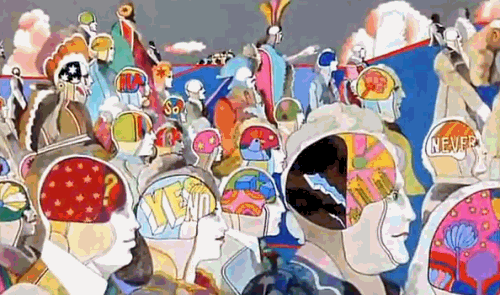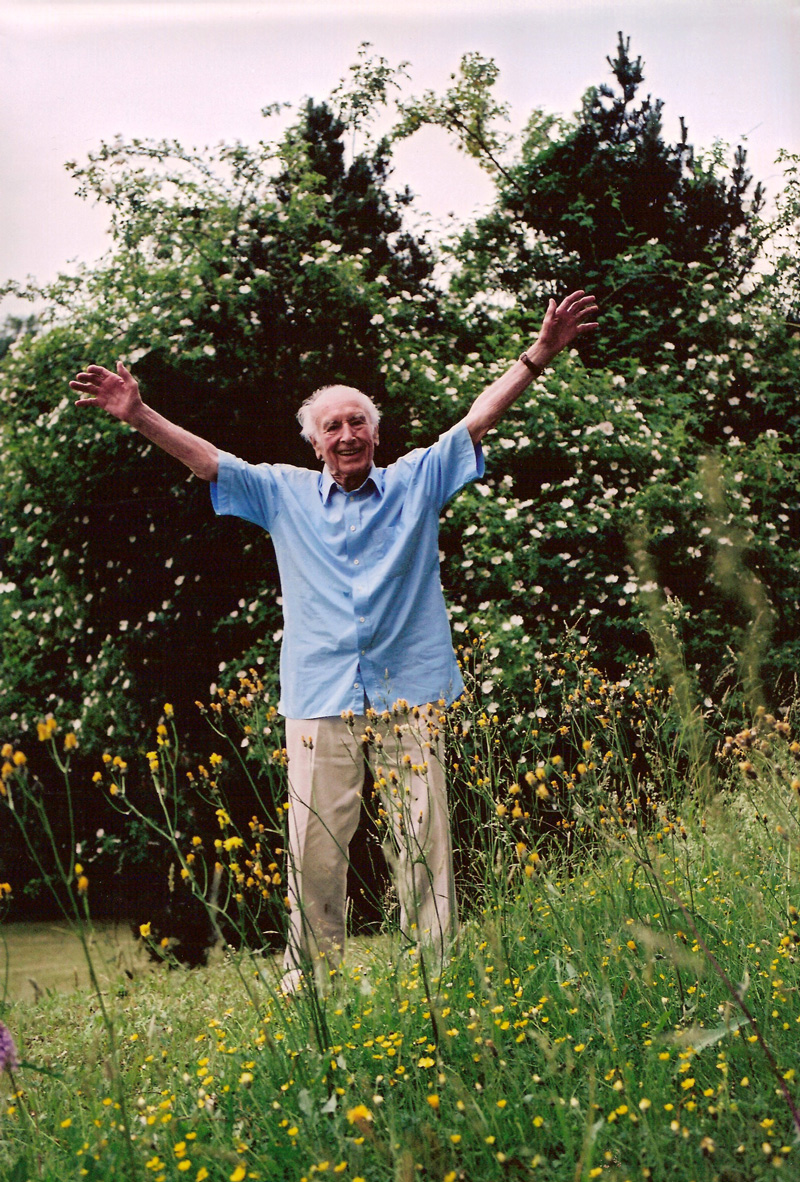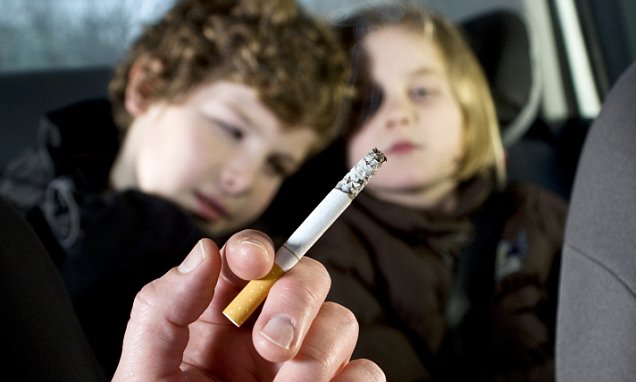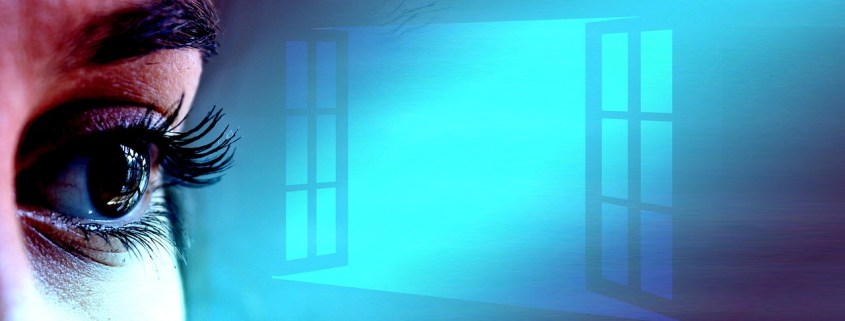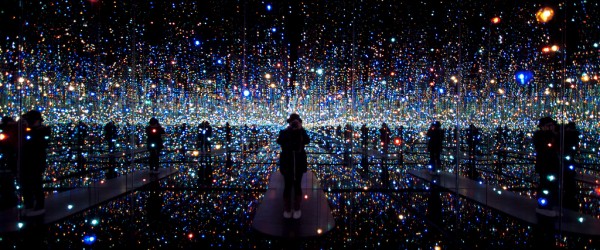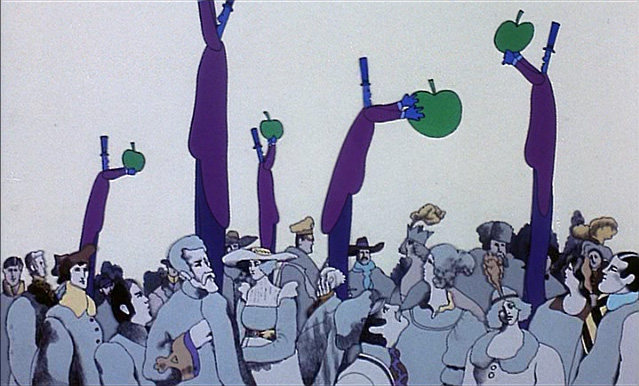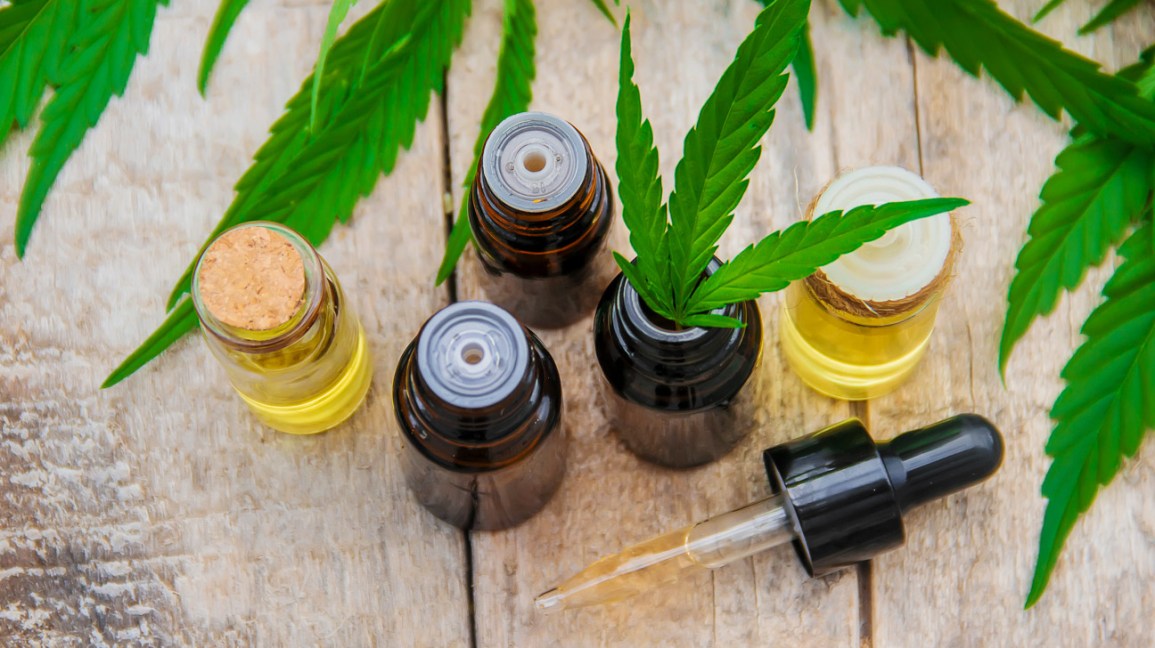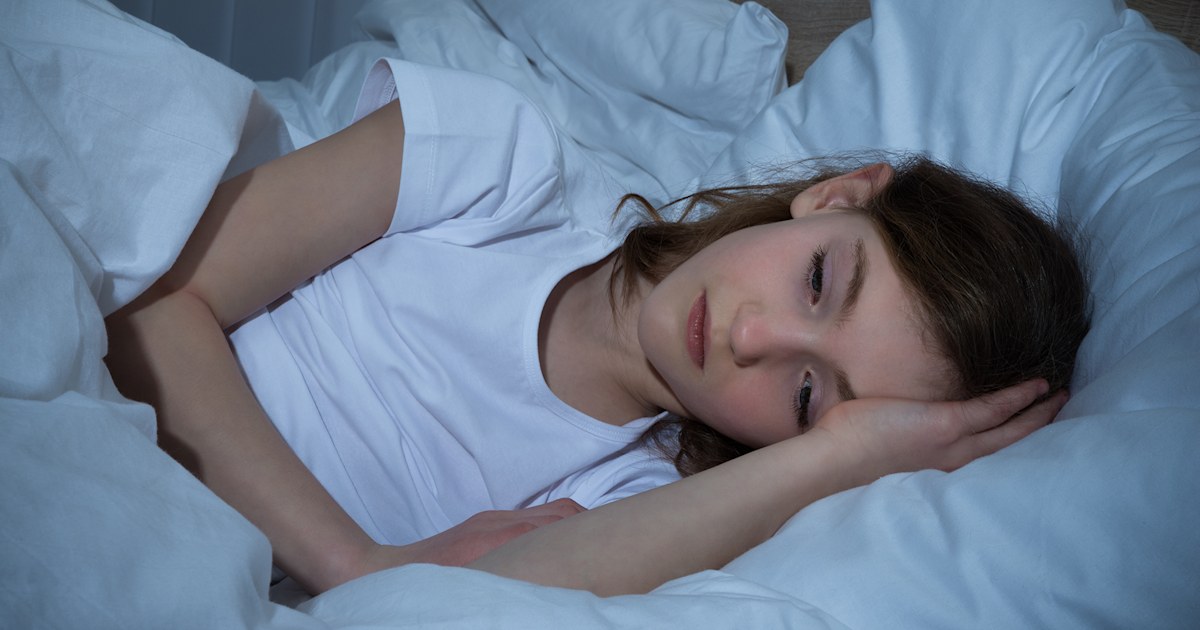Essential oils successfully treating ADHD symptoms
Although many people question whether ADHD is a real condition, many children have difficulty concentrating and controlling their behavior. Unfortunately, the medical establishment seems to favor CNS stimulants as the primary treatment. Unfortunately, some CNS drugs have dangerous side-effects especially in children. Lack of scientific testing to diagnose ADHD also means many doctors may use ADHD as a scapegoat for behavioral issues or environmental conflicts. Thus, some children are taking ADHD medication although they don’t really need it.
The Center for Disease Control (CDC) reports that about 11% of U.S. children (or 6.4 million) ages 4-17 have been diagnosed with ADHD. In January 2017, the CDC reported the rate at which doctors (mostly pediatricians and psychiatrists) recommend CNS stimulating medication during ADHD visits:
CNS stimulant medications were mentioned (i.e., provided, prescribed, or continued) at 80% of ADHD visits by children aged 4–12 years and 81% of ADHD visits by children aged 13–17 years.
Clearly, parents have the choice to refuse medication. Yet, these statistics show that the medical professional leans on CNS drugs versus exploring the true reason behind disruptive behavior. Doctors do recommend alternative treatments, such as behavioral therapy and social skills training, but typically in addition to medication.
As a result, the real underlying reasons for a child’s ADHD-like behavior are overlooked. Many children start taking medications unnecessarily. A large share fall victim to common side-effects such as sleep problems, loss of appetite, and depression. In addition, behavioral side effects include “psychosis, mania, drug abuse, and addiction.”
This is why alternative treatment options such as essential oils are much needed.
How essential oils work
Essential oils are aromatic, volatile liquids made up of resin and plant extracts. People make oils out of the most powerful part of a plant, such as the seeds, flowers, bark, or roots.
The book Essential Oils Desk Reference claims that when a person inhales essential oils, chemical compounds in the oils have the ability to produce physical, emotional, mental and spiritual well-being. People have been using essential oils for these purposes for many centuries.
Dr. Terry S. Friedmann, a physician associated with the American Board of Hospital Medicine, examined how different essential oils affect the body. He explains why essential oils work:
When the essential oil is inhaled, the micro droplets are carried to the limbic system of the brain, which is that portion that is the processing center for reason, emotion, and smell, and to
the hypothalamus, which is the hormone command center. The essential oil micro droplets are also carried to the lungs where they enter the circulatory system.
Some essential oils contain high levels of the chemical constituents sesquiterpenes, which can dramatically increase oxygenation and activity in the brain. Other essential oils because of their unique constituents tend to have a greater role in hormonal secretion and in the balance of mood and emotions.
Researchers use essential oils treat ADHD symptoms
Friedmann studied how different essential oils treat ADHD symptoms in children. He performed the research on children ages 6 to 14. All study subjects had a ADHD diagnosis, but were not taking any ADHD medication.
At the onset, all 34 children in the study received a T.O.V.A. test that measured their degree of impulsivity. Then, Friedmann administered cedarwood oil to six of the subjects, vetiver oil to another six, and lavender oil to yet another six children. Finally, 16 subjects were treated as controls.
Friedmann tracked the results using real-time EEG testing. He also administered a post-treatment T.O.V.A. test to all study participants. Here’s what he discovered:
The analyses show a significant 32% improvement in the pre- and post-treatment Vetiver essential oil group. A similar result was seen with the pre- and post-treatment of the Cedarwood essential oil group. The Lavender treated group showed no improvement. When compared with the control group, the Vetiver treated group’s improvement was statistically significant.
Friedmann also reported:
I received several letters from parents of the ADHD children stating that their behavior at home had improved for the better. In several cases, they also stated that school educators informed them that their performance was observed to improve in the classroom. The report cards in some of the subjects had reflected this improvement as well.
Other scientific studies have shown that essential oils benefit attention. Researchers in Japan showed that Vetiver essential oil aroma benefits alertness. Another study established
a correlation between cognitive performance and a chemical component present in the aroma of rosemary essential oil.
Conclusion
Aromatherapy using essential oils may be another way to address focus, anxiety and mood, and therefore, a natural way to treat ADHD symptoms. But without FDA approval, would doctors be comfortable recommending essential oils?
http://www.wakingtimes.com/2018/03/...ential-oils-successfully-treat-adhd-symptoms/



